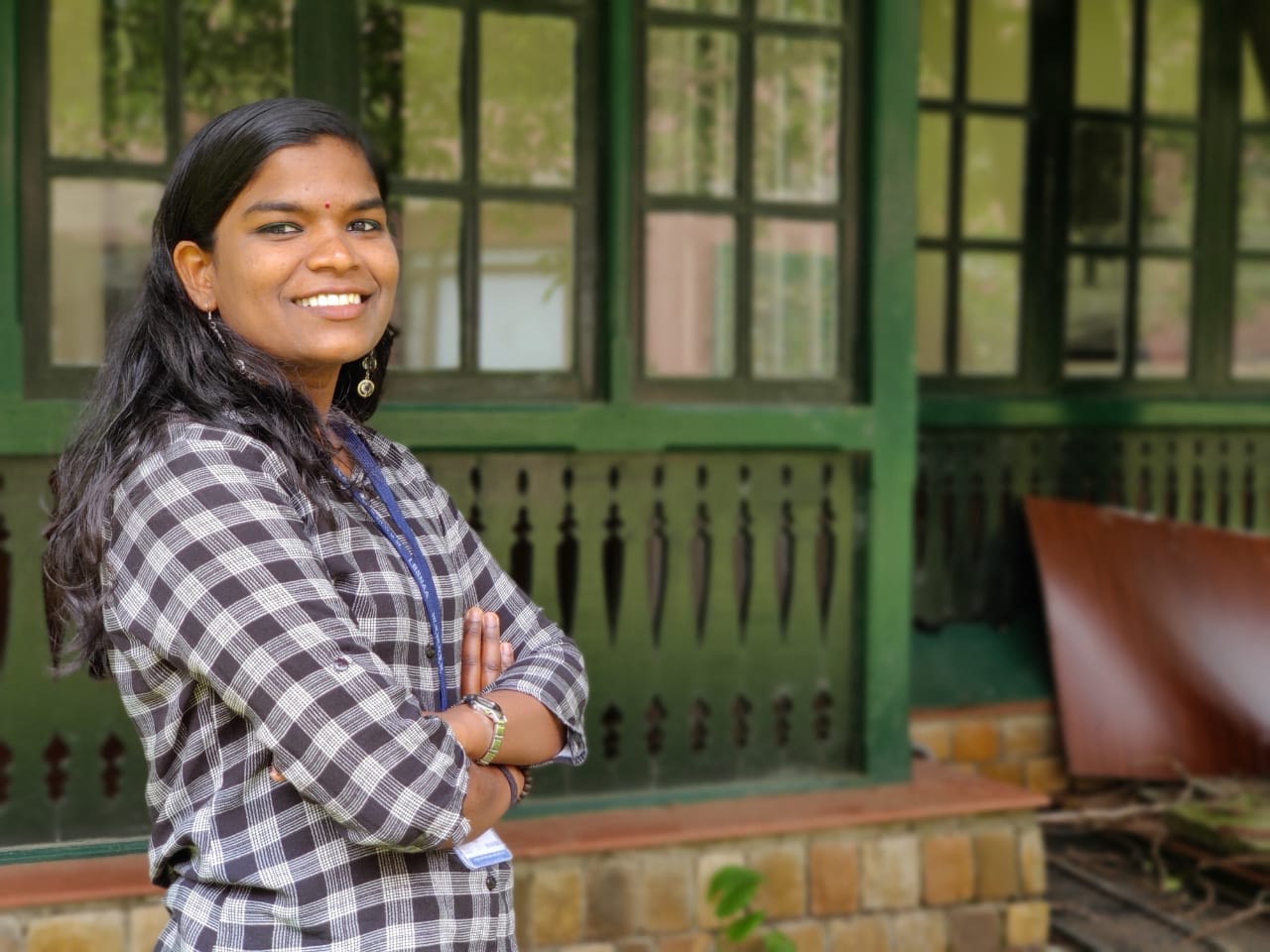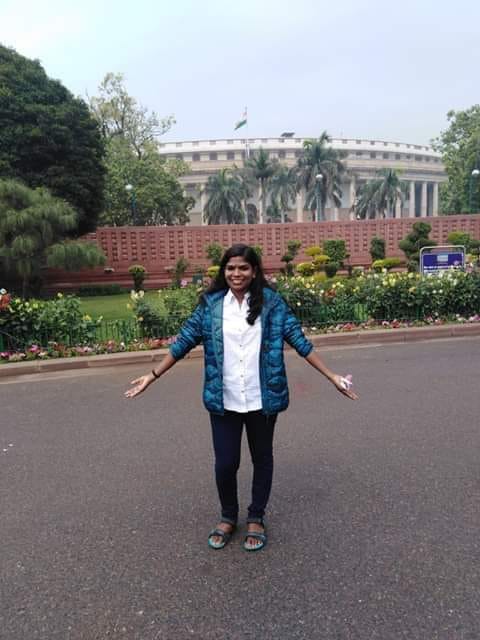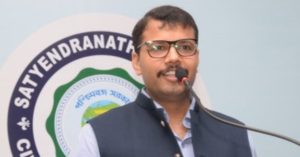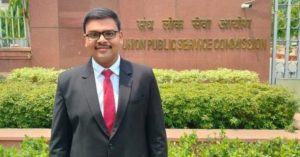UPSC Topper Shares 6 Free, Must-Use Online Resources for General Studies
“It is very important for your mind to be calm when you sit to study. You will also realise it is much easier to grasp and retain concepts better,” she shares.

After securing an All India Rank of 410 in the UPSC Civil Service Examination 2018, Sreedhanya Suresh took charge as the Assistant Collector of Kozhikode on 11 June 2020. “A long journey brought me here,” says Sreedhanya, who is also the first person from a Scheduled Tribes community in Kerala to become an IAS officer.
Born and brought up in Idiyamvayal in Wayanad, Sreedhanya has had a very modest upbringing. Her parents, Kamala and Suresh, are both daily wage labourers. Given her first-hand life experiences, Sreedhanya was not fazed about taking charge as the COVID-19 pandemic rages on. She sees it as an opportunity to make a difference.
In this interview, she speaks to The Better India, about the strategy she adopted for the CSE preparation.
Difficult Topics for Happier Times

“Each aspirant will have their own strategy for UPSC and therefore blindly copying others will not help you,” says Sreedhanya who does not mince her words. What worked for Sreedhanya was studying difficult topics when she was in a good or happy state of mind.
“It is very important for your mind to be calm when you sit to study. You will also realise it is much easier to grasp and retain concepts better,” she shares.
Subjects like Economics, Maths and preparing for the Civil Services Aptitude Test (CSAT)) were reserved for happy days. “I did not follow a schedule but went by what I felt on that day. On days I felt happy, I would cover a large portion and then on days when I didn’t, I would take a break and relax,” she explains.
Knowing that you are not as strong in one particular subject or topic should push you to work more on it. “Give such topics more time than the others,” says Sreedhanya. She says she gave more time and attention to Maths since she felt that was her weakest subject.
“I took up both UPSC prelims and mains preparation together, and did not find the need to do them separately,” says Sreedhanya. She reiterates here that for each aspirant the journey of preparation will be different and one must understand his or her strengths and prepare accordingly.
Do not let your financial status be an impediment

“It is not at all necessary for you to buy expensive books or join coaching classes to be able to clear the CSE. All you need is a basic model of a smartphone or a laptop with a steady internet connection,” suggests Sreedhanya.
Armed with this, Sreedhanya says you will be able to access information from the world over.
“There is no dearth of free resources available online now — from channels on YouTube dedicated to preparation to various free apps as well. Some of the apps and channels that I recommend include — GK Today, Vision Current Affairs, and IAS Baba,” says Sreedhanya.
While she did not read any newspaper during the time she was preparing, she recommends that you pick up The Hindu and The Indian Express. “Make a note of the editorial section of both these newspapers,” she says.
She also recommends two magazines, Yojana and Kurukshetra — both of which give you a detailed overview of all important current affairs.
Crossing Linguistic barriers

Sreedhanya studied in the Malayalam medium and she never considered the language barrier to be an insurmountable hurdle for her.
“My determination and the focus with which I approached the examination worked for me,” she says.
She recommends various spoken English coaching programmes on YouTube or watching Rajya Sabha TV’s debate show called In-depth.
Sreedhanya’s tips for UPSC General Studies
1. Read, read, and then read some more
Sreedhanya says that there cannot be any substitute for reading. Through her college and during her preparatory stage, she says she devoured more than 2,000 books and would diligently read the monthly general studies magazines as well.
2. Make use of the time
Given that the prelims will now be held in October, you should count it as a boon. Sreedhanya urges all aspirants to spend the next few months being focussed on the task at hand and preparing well.
For other such tips and strategies adopted by IAS officers, click here.
(Edited by Saiqua Sultan)
This story made me
- 97
- 121
- 89
- 167
Tell Us More
We bring stories straight from the heart of India, to inspire millions and create a wave of impact. Our positive movement is growing bigger everyday, and we would love for you to join it.
Please contribute whatever you can, every little penny helps our team in bringing you more stories that support dreams and spread hope.



















